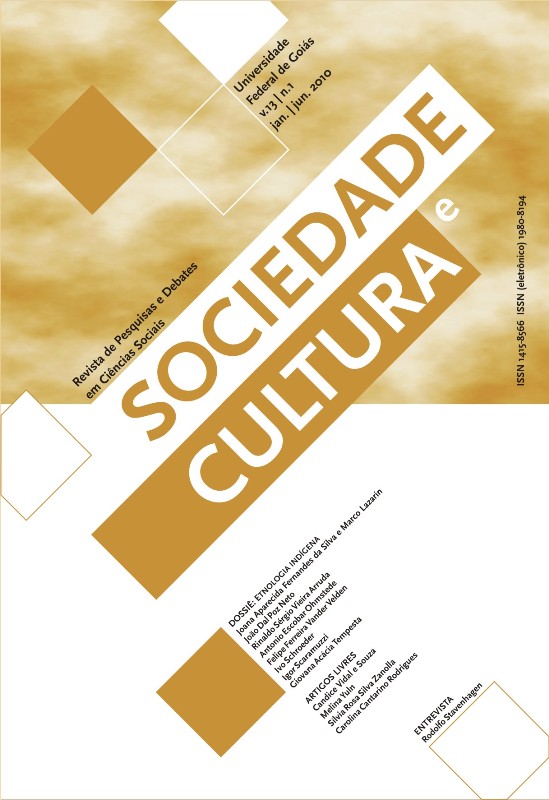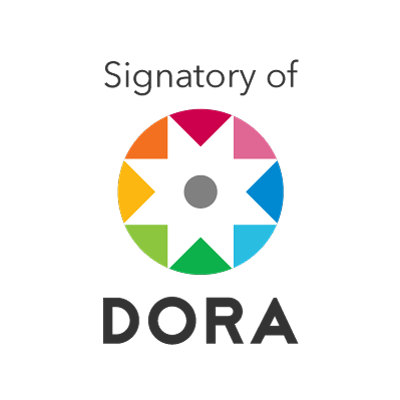De volta para o passado: territorialização e ‘contraterritorialização’ na história karitiana
DOI:
https://doi.org/10.5216/sec.v13i1.11173Palavras-chave:
territorialização, geografia, história, Rondônia, Karitiana.Resumo
Este artigo analisa dois momentos da história karitiana, grupo Tupi-Arikém em Rondônia: primeiro, o processo de territorialização que submeteu o grupo e determinou sua localização geográfica e identificação étnica desde o início do século XX; em seguida, explora os movimentos de ‘contraterritorialização’ que, na última década, vêm levando os Karitiana a contestarem sua espacialização e identificação compulsórias, por meio da reocupação de territórios, que acabam por se converter também em retomadas do tempo, em uma volta ao passado glorioso destruído pelo aparecimento dos brancos.
Downloads
Não há dados estatísticos.
Downloads
Publicado
2010-08-31
Como Citar
VELDEN, Felipe Ferreira Vander. De volta para o passado: territorialização e ‘contraterritorialização’ na história karitiana. Sociedade e Cultura, Goiânia, v. 13, n. 1, p. 55–65, 2010. DOI: 10.5216/sec.v13i1.11173. Disponível em: https://revistas.ufg.br/fcs/article/view/11173. Acesso em: 17 fev. 2026.
Edição
Seção
Dossiê
Licença
Autores/as que publicam nesta revista concordam com os seguintes termos:
- Autores/as mantêm os direitos autorais e concedem à revista o direito de primeira publicação, sendo o trabalho simultaneamente licenciado sob a Creative Commons Attribution License, o que permite o compartilhamento do trabalho com reconhecimento de autoria e da publicação inicial nesta revista.
- Autores/as têm autorização para assumir contratos adicionais separadamente, para distribuição não exclusiva da versão do trabalho publicada nesta revista (ex.: publicar em repositório institucional ou como capítulo de livro), com reconhecimento de autoria e da publicação inicial nesta revista.
- Autores/as têm permissão e são estimulados/as a publicar e a distribuir seu trabalho online (ex.: em repositórios institucionais ou na sua página pessoal) a qualquer ponto antes ou durante o processo editorial, já que isso pode gerar alterações produtivas, bem como aumentar o impacto e a citação do trabalho publicado (veja O Efeito do Acesso Livre).


 Esta revista está licenciada sob a licença
Esta revista está licenciada sob a licença 
